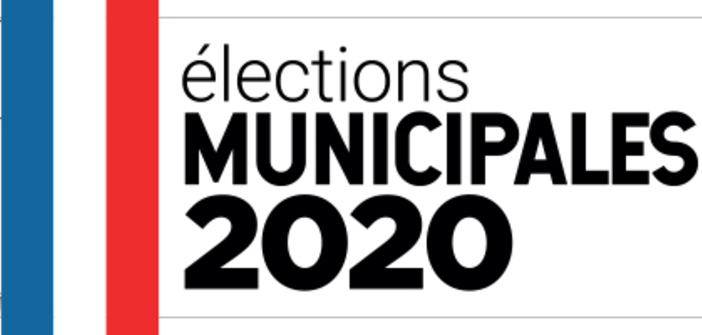On the eve of the first round of municipal elections, it is useful to recall the financial stakes of these upcoming events. The representatives of the 34,970 municipalities and the 1,258 inter-municipalities with their own taxation spend nearly €160 billion per year, representing 12% of the total public expenditure. They make decisions about local public projects and services that have a direct impact on our daily lives but also on the national economy (the municipal block accounts for nearly 40% of total public investment).
The elected officials from the upcoming election will have capacities to act. The municipalities, and even more so their inter-municipalities, have significant leeway in the allocation of their resources, even if they have been constrained by the increase in fixed charges (the municipal sector accounts for more than four-fifths of the 1.7 million territorial civil servants). Moreover, they are in relatively good financial health, despite the increase in debt, and have generated a financing capacity since 2016.
These substantial resources and decision-making margins will apply to extensively renovated areas. For the first time in history, municipal elections will take place in municipalities all belonging, with the residual exception of four single-municipality islands, to inter-municipalities. The development of inter-municipal cooperation has been encouraged by successive government majorities since the 1990s. Financially, it is about better aligning the territories where local taxpayers reside, vote, and pay their taxes, with the territories where they work, consume, and use most of their public services and facilities.
Generalized inter-municipalities also coincide more closely with living areas. Their number has therefore been halved in ten years, with a strong acceleration following the law of August 7, 2015, on the new territorial organization of the Republic (known as the “NOTRe law”) which reduced the number of inter-municipalities from 2,062 to 1,266 effective January 1, 2017.
They assume crucial responsibilities with regard to current social and environmental challenges and therefore account for an increasing share of public expenditure, one-third of municipal public investment in 2018 (€11 billion).
As the relevant level of action for many key concerns of fellow citizens (urban planning, housing, economic development, but also waste management, water, sanitation…), inter-municipalities should theoretically be at the heart of municipal campaigns. This is, however, not the case, as they often remain confined to a managerial role or are perceived as a threat against which municipalities are a bulwark.
The absence of a genuine direct universal suffrage for the designation of community elected officials (designated from municipal lists) often relegates the management of projects at this scale to arrangements among elected officials under conditions of transparency and democratic oversight that are unsatisfactory. The examination of financial pacts to be concluded in the coming months will provide valuable insights into the ambition of territorial projects.
Future local mandates will also operate within a financial framework further integrated at the national level.
The State budget for 2020 thus provides for a total amount of financial transfers to the benefit of local authorities of €116 billion, which represents as much in national taxes (and deficit) transferred or shared with local authorities.


